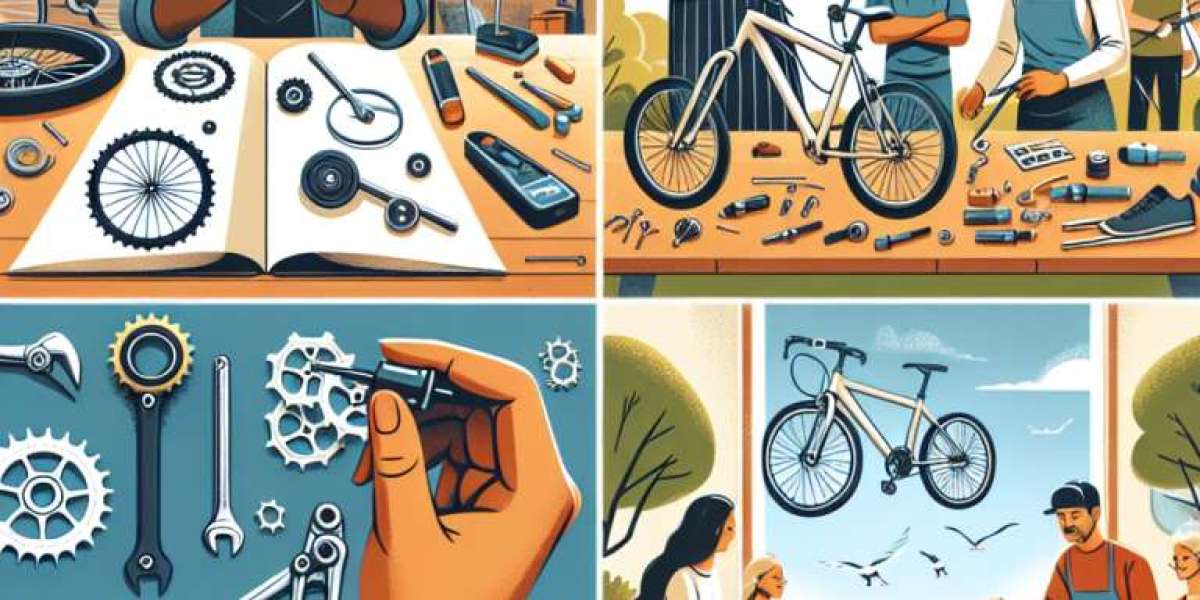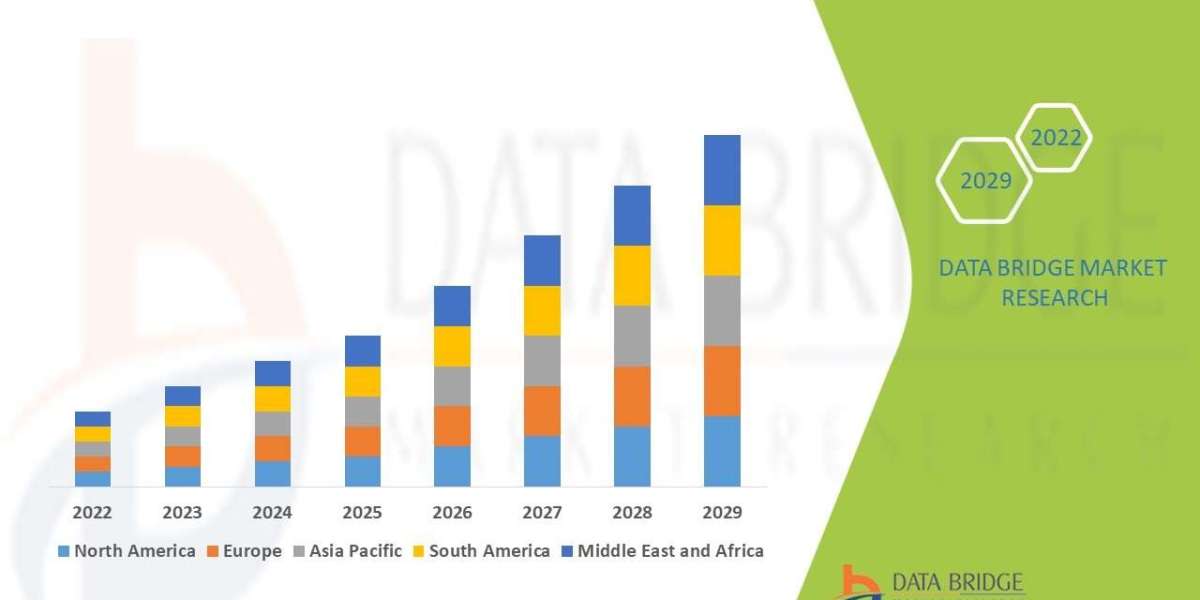In today’s competitive market, choosing the right enterprise resource planning (ERP) system can be the backbone of your business operations. Odoo, known for its flexibility, scalability, and cost-efficiency, has quickly become the preferred ERP solution for businesses of all sizes. However, the success of an Odoo implementation relies not just on the platform itself but on the capabilities of the development partner you choose.
Selecting the right development partner is not just a technical decision—it’s a strategic one. The right partner will understand your business needs, deliver customized solutions, ensure smooth deployment, and provide ongoing support. But with so many vendors in the market claiming to be Odoo experts, how do you make the best choice?
An experienced Odoo Development Partner will serve as an extension of your team, working with you to align Odoo’s powerful features with your business processes. Below are the key factors to consider while choosing the right partner for your Odoo project.
1. Evaluate Experience and Expertise
Look for a development company with a strong portfolio in Odoo projects. Years of experience in handling various business verticals indicate their capability to understand and solve complex problems. Ask for case studies, client testimonials, or success stories that showcase their skills and previous work in Odoo development.
Expertise isn't just about technical knowledge. Your partner should understand modules like sales, CRM, accounting, inventory, HR, and more. This knowledge ensures that they can deliver solutions that work seamlessly across your business processes.
2. Certified Odoo Developers
Certification ensures that developers are trained and tested on Odoo standards. Certified developers not only bring expertise to the table but also stay updated with the latest Odoo features and best practices. Having a certified team adds credibility and ensures a higher quality of service.
You can verify certifications by checking the partner’s official Odoo profile or requesting documentation during your evaluation phase.
3. Customization Capabilities
Every business is unique, and one-size-fits-all solutions rarely work. Your Odoo development partner should have proven experience in customizing modules and building tailor-made solutions. Whether it’s creating a new app or modifying existing workflows, your partner should adapt Odoo to your exact needs.
Make sure they are proficient in Python (Odoo’s backend language) and JavaScript for front-end tasks. Custom development should be clean, well-documented, and scalable for future upgrades.
4. Integration Expertise
Your business might use third-party tools like payment gateways, shipping APIs, CRM platforms, or eCommerce systems. An ideal development partner should have experience integrating Odoo with such external applications.
Ask about previous integration projects and check if they follow secure and standardized methods. Efficient integrations save time and eliminate data silos, improving your overall business performance.
5. Transparent Development Process
Transparency is key to building trust. Your development partner should follow a clear project methodology—preferably Agile or Scrum—to ensure continuous communication and feedback. Ask for a demo of their project management tools or how they handle sprint planning, progress tracking, and reporting.
Regular updates, milestone deliveries, and testable versions during development give you better control and ensure the project stays aligned with your expectations.
6. Post-Implementation Support
A reliable partner doesn’t walk away once the project is delivered. Post-implementation support is crucial for fixing bugs, resolving technical issues, and updating the system as your business grows.
Ensure your partner provides various support models, such as hourly support, AMC (Annual Maintenance Contracts), or dedicated resources. SLA-based support models with guaranteed response times are a plus.
7. Scalability and Long-Term Vision
As your business evolves, your ERP needs will grow too. Choose a development partner who can scale with you. Whether you need to add new modules, enter new markets, or migrate to a newer version of Odoo, your partner should be capable of supporting your long-term vision.
Discuss your 3-5 year business goals and evaluate whether the partner has the resources and roadmap alignment to support your expansion.
8. Competitive Pricing and Engagement Models
Cost is always a consideration, but it should never be the only one. Low-cost solutions often compromise on quality. Instead, look for value-based pricing where you get quality service at a fair rate.
Flexible engagement models such as fixed-cost, time & material, or dedicated developer models allow you to control your budget based on project scope and complexity.
9. Communication and Cultural Fit
A good working relationship is built on clear communication. Your partner should understand your language, time zone preferences, and business culture. Smooth communication minimizes errors, accelerates delivery, and ensures mutual understanding throughout the project lifecycle.
Use the discovery call to assess how they communicate—are they asking the right questions? Do they understand your industry terms? Do they respond quickly and professionally?
Conclusion
Choosing the right Odoo development partner can significantly impact your ERP project’s success and your business’s operational efficiency. From technical expertise and customization ability to transparent processes and long-term support, each factor plays a crucial role in making your investment worthwhile.
Take the time to research, compare, and evaluate multiple partners before making a decision. The right choice today will lead to streamlined operations, better data insights, and long-term digital growth.



